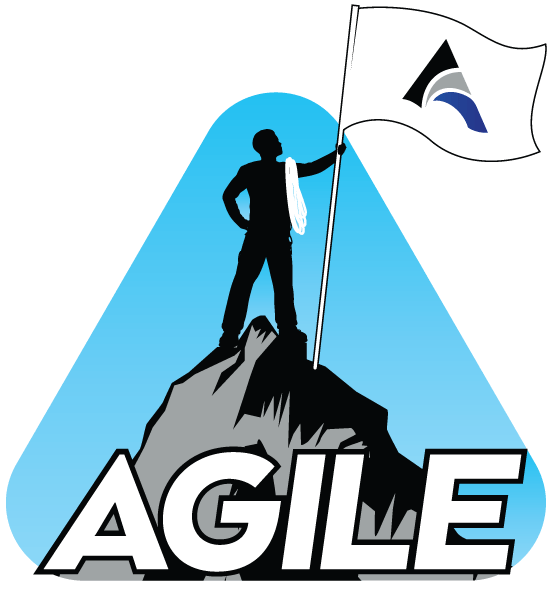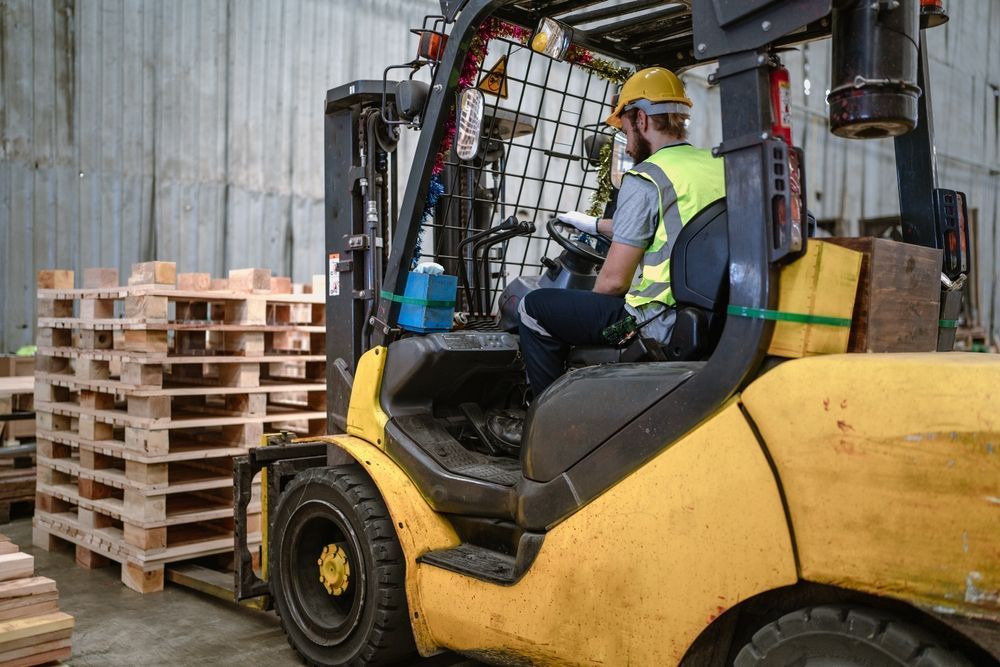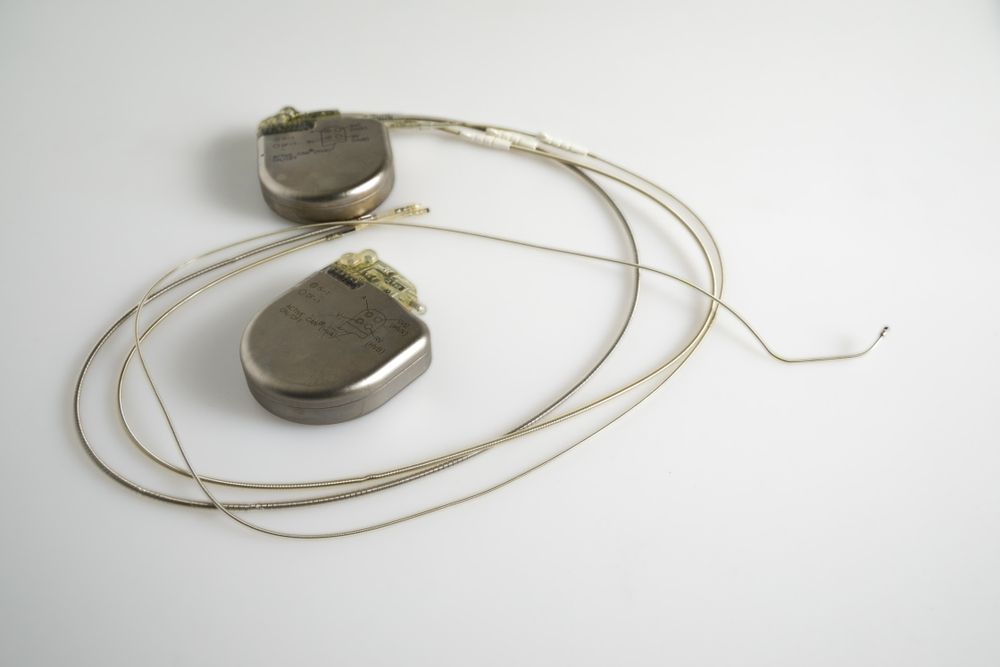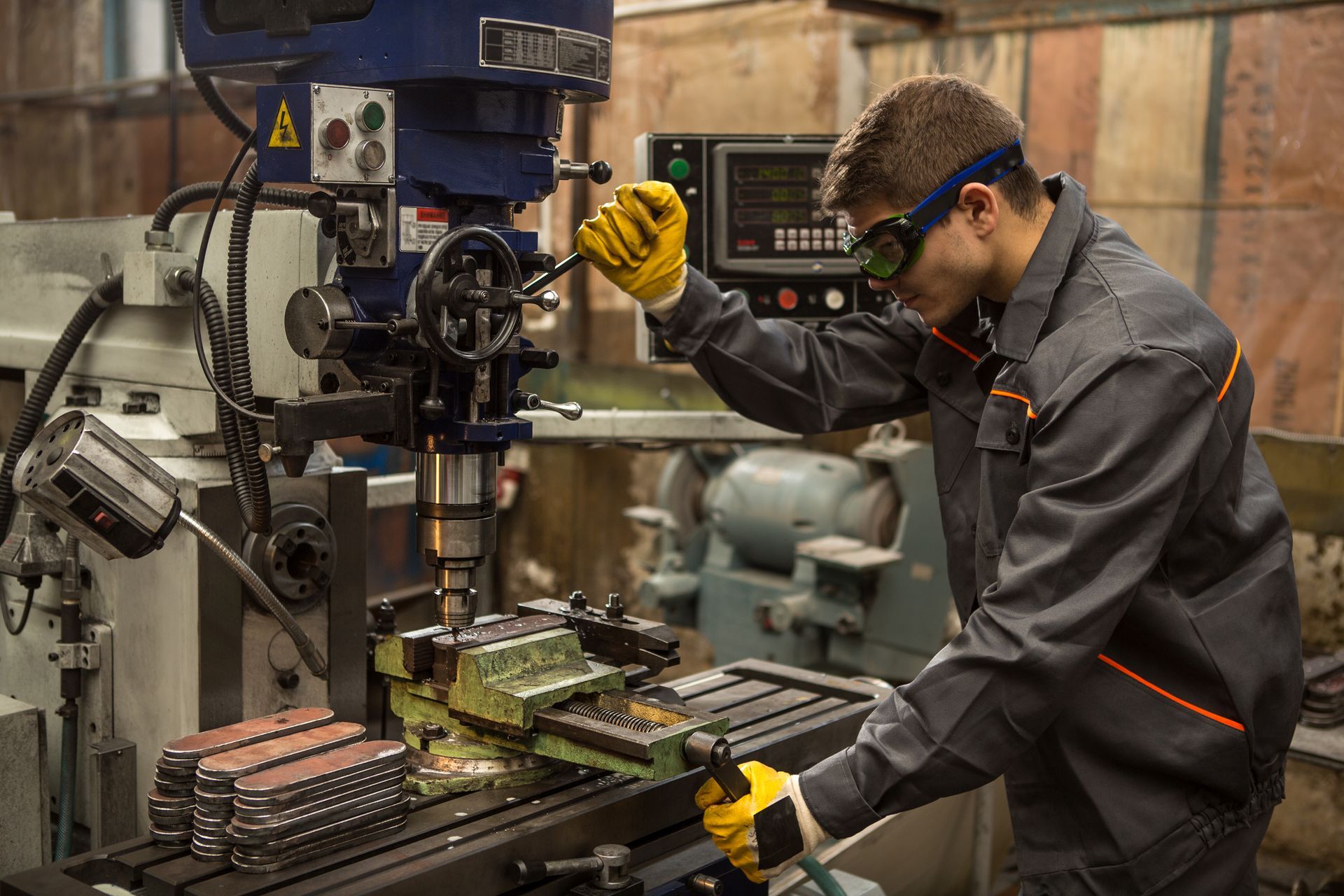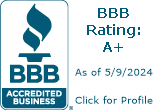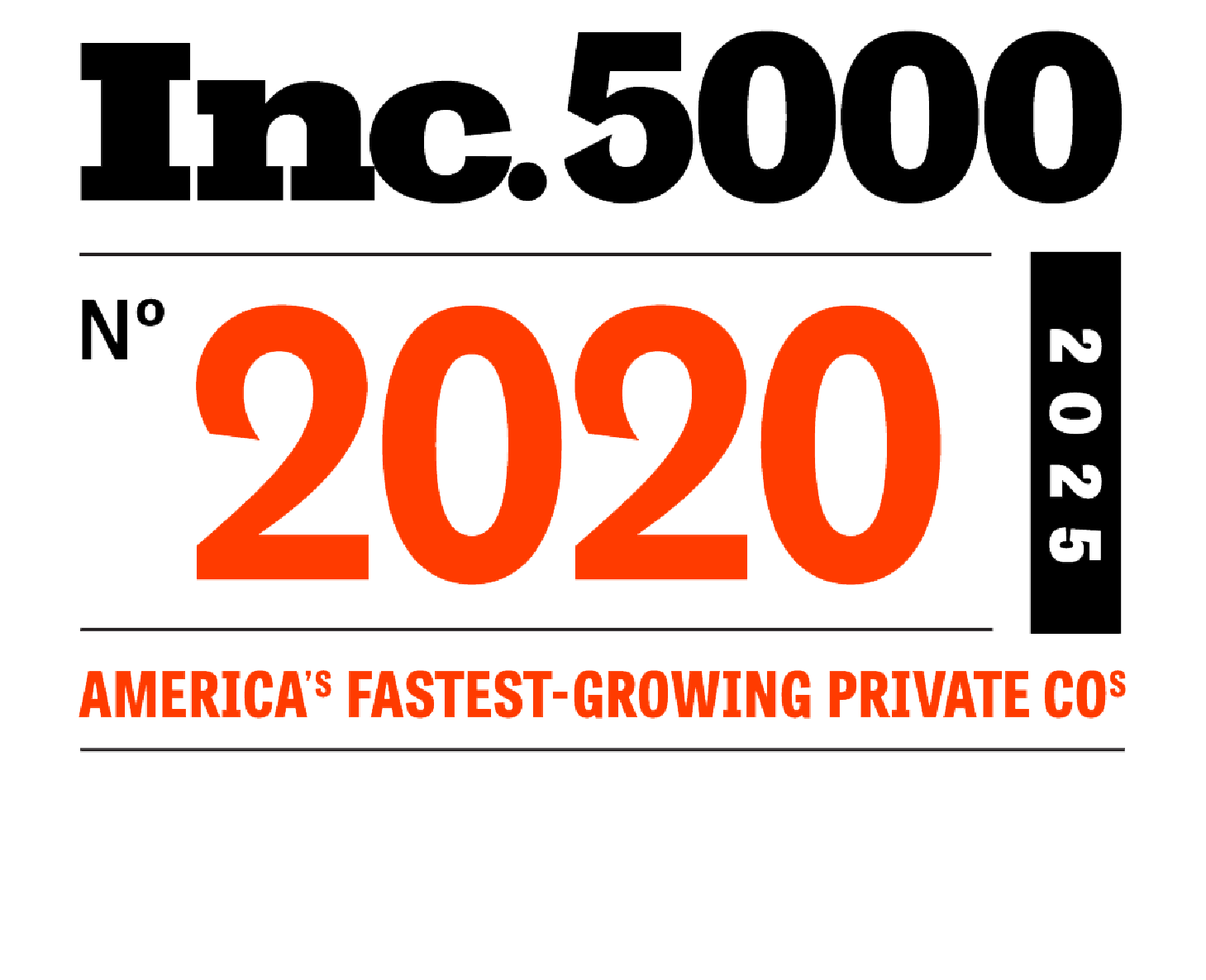Arizona Transaction Privilege Tax Exemption for Prosthetic Appliances
Written by: Mike Martin
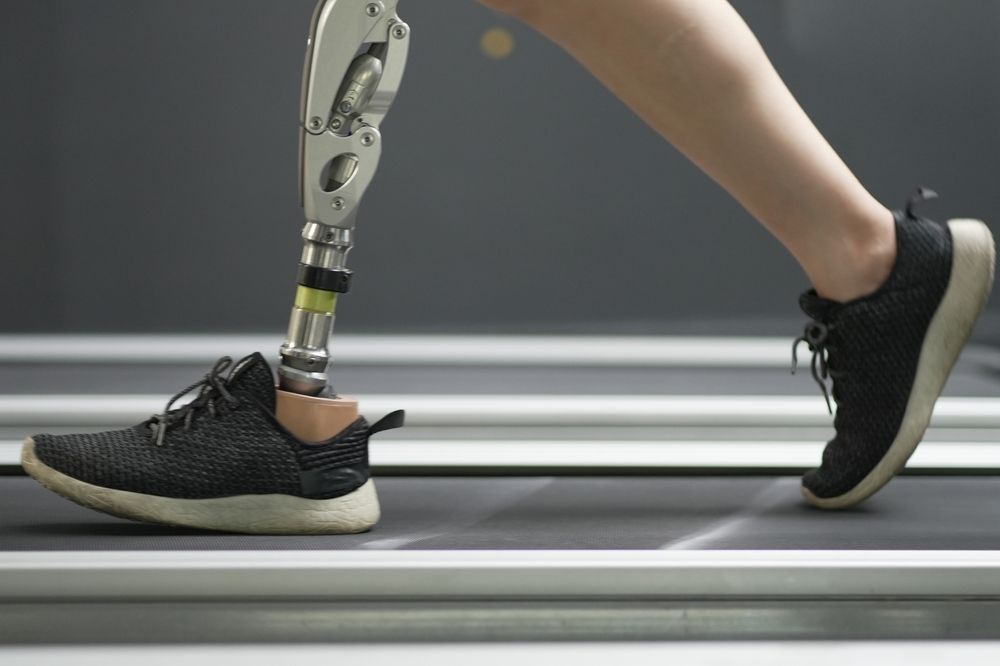
The Arizona transaction privilege tax exemption for prosthetic appliances has been recently expanded with the Arizona Department of Revenue’s issuance of Ruling TPR 23-1 with an effective date of 5/1/2023. This ruling was issued to clarify the types of purchases that are considered a prosthetic appliance exempt from the retail transaction privilege tax classification under Arizona Revised Statutes 42-5061(A)(9) following the Arizona Court of Appeals decision in VHS Acquisition Subsidiary Number 1 Inc. v. Arizona Department of Revenue, No. 1 CA-TX 20-0007, 2021 WL 1747353.
In addition to TPR 23-1, the pioneers at Agile Consulting Group have requested and received guidance from the Department on the taxability of various medical devices under this law change. The law change in TPR 23-1 can be broadly interpreted, so we requested this guidance on behalf of the Ambulatory Surgery Centers in the state to confirm that many of their common device purchases qualify for the exemption.
Prosthetic Appliance Exemption: Prior to May 2023 Ruling
Prior to this ruling, the Arizona transaction privilege tax exemption for prosthetic appliances only included purchases of artificial devices that were “necessary to support or take the place of a part of the body, or to increase the acuity of a sense organ” per Arizona Revised Statutes 23-501(7). In order to qualify for the TPT exemption, the artificial devices must be “prescribed or recommended by a health professional licensed pursuant to title 32, chapter 7, 8, 11, 13, 14, 15, 16, 17 or 29” per Arizona Revised Statutes 42-5061(A)(9). These chapters include podiatrists, doctors of chiropractic, dentists, physicians and surgeons, naturopathic physicians, nurses, osteopathic physicians and surgeons, and homeopathic physicians. Based on the definition of “prosthetic appliance” in this section of the Arizona Revised Statutes, the exemption was essentially limited in scope to only include devices that actually replaced, either partially or fully, a body part.
Prosthetic Appliance Exemption: After May 2023 Ruling
Ruling TPR 23-1, which expanded the Arizona transaction privilege tax exemption for prosthetic appliances, is based on the Arizona Court of Appeals decisions in VHS Acquisition Subsidiary Number 1 Inc. v. Arizona Department of Revenue and Renal West v. Ariz. Dep’t of Revenue, 189 Ariz. 409, 414 (App. 1997). In both of these decisions, the Arizona Court of Appeals ruled that the term “prosthetic appliances” is not limited to the artificial device, but also includes equipment, supplies and solutions necessary to an “integrated prosthetic process”, as well as items necessary to apply prosthetic appliances. Furthermore, the Court also determined that items used to support, keep together, or seal a body part, or otherwise contain bodily fluids like skin and tissue, are considered “prosthetic appliances” because they help facilitate healing. By broadening the definition of the term “prosthetic appliances” in this manner, the TPT exemption will now include a wide array of purchases that healthcare providers make in the provision of their medical services.
Some examples of purchases that will now qualify for the Arizona transaction privilege tax exemption for prosthetic appliances are the following:
- Adhesive skin closures, liquid skin adhesives, mesh fixation devices, bone wax, surgical clips, ligature loops, staples, and sutures
- Ligation clip appliers, surgical staplers, suture devices, pens and ampules
- Kidney dialysis machines, bloodlines, concentrates, and other testing equipment
Ruling TPR 23-1 also confirmed that the Arizona transaction privilege tax exemption for prosthetic appliances allows healthcare providers like hospitals, ambulatory surgery centers, long-term acute care facilities, and clinics to purchase these items as tax-exempt on behalf of their patients. As long as the prosthetic appliance is prescribed or recommended by a licensed health professional for a patient, then the Court ruled that it's appropriate for the health care provider to claim the exemption because “the statutory language defines the type of appliance that is exempt from tax, rather than who receives the exemption.”
Agile Consulting Group’s Guidance
In addition to the specific items referenced in TPR 23-1, Agile received guidance from the Department of Revenue that the Arizona transaction privilege tax exemption for prosthetic appliances will apply to the following devices:
- Artificial joint implant instruments, ACL reconstruction repair instruments, arthroscopic suture passer, bone fracture repair instruments, and bone fracture repair guidewire/K-wire
- Custom total knee packs
- Hernia repair positioning systems
- Phacoemulsification handpieces
- Cataract surgical packs
- Foley catheter trays
- Ventilators & associated components (breathing circuits, connectors, humidifiers, masks, etc.)
- Respiratory oxygen therapy systems
- Enteral feeding pumps & associated components (bag sets, syringes, tubing, connectors, etc.)
- Coronary balloon dilatation catheters
- Spinal cord electrical stimulation systems
- Breast implant surgical packs
- Tympanostomy instruments
How to Recover Arizona Transaction Privilege Tax Already Paid to Vendors
Arizona healthcare providers that have already made qualifying purchases under the Arizona transaction privilege tax exemption for prosthetic appliances, as provided in Arizona Revised Statutes 42-5061(A)(9), can request a refund up to four years from of the original date of purchase. To determine whether an item will qualify as a “prosthetic appliance”, the purchaser needs to use the following guidelines:
- Identify that the device is “prescribed or recommended by a licensed health professional”
- Identify whether the device is artificial (meaning it’s not human or other naturally occurring tissue)
- Identify the body part or body function the device is seeking to support or replace
- Identify whether the device is necessary to support that part of the body or body function, take the place of that part of the body or body function, or if the device increases the acuity of one of the senses
- Identify whether the device is part of an “integrated prosthetic process” or is necessary to apply a prosthetic appliance
Some examples of substantiating documentation to prove that the device will qualify for this exemption are the following:
- Purchase invoices
- Documentation that the purchaser is a licensed healthcare provider
- Product labels, “Indications for Use” inserts, or product brochures to show that the item meets the updated criteria as a “prosthetic appliance” and that it’s required to be lawfully dispensed pursuant to a prescription
- Arizona Form 5000 (Transaction Privilege Tax Exemption Certificate)
The consultants at Agile Consulting Group have experience in recovering overpaid sales taxes from the Arizona Department of Revenue and can assist any Arizona healthcare provider with this cumbersome process.
Reach Out to Us with Questions
If you have any questions, comments or would like to discuss the specific circumstances you are encountering in regard to this issue or need assistance with a sales tax refund review or any other sales and use tax issue, please contact a member of Agile Consulting Group’s sales tax consulting team at (888) 350-4TAX (4829) or via email at info@salesandusetax.com.


